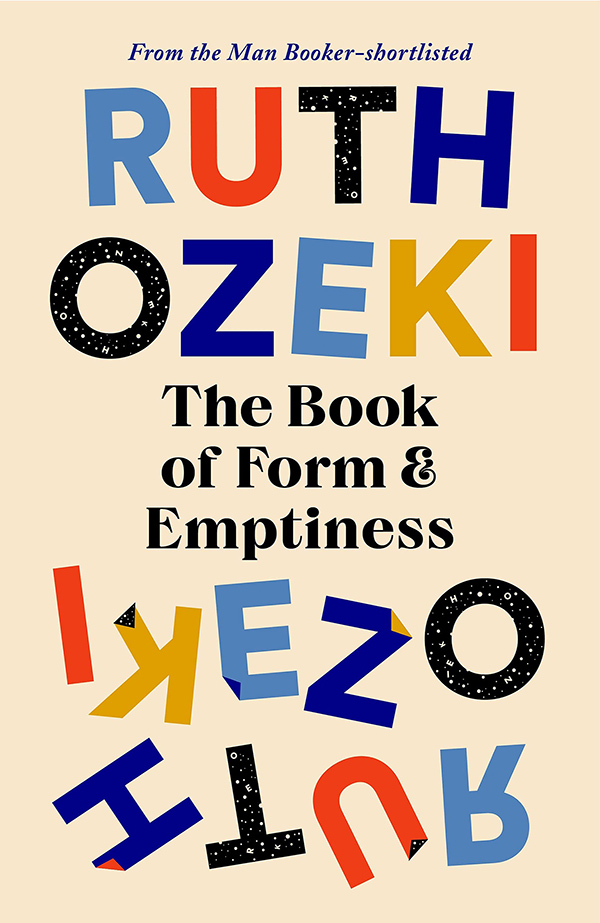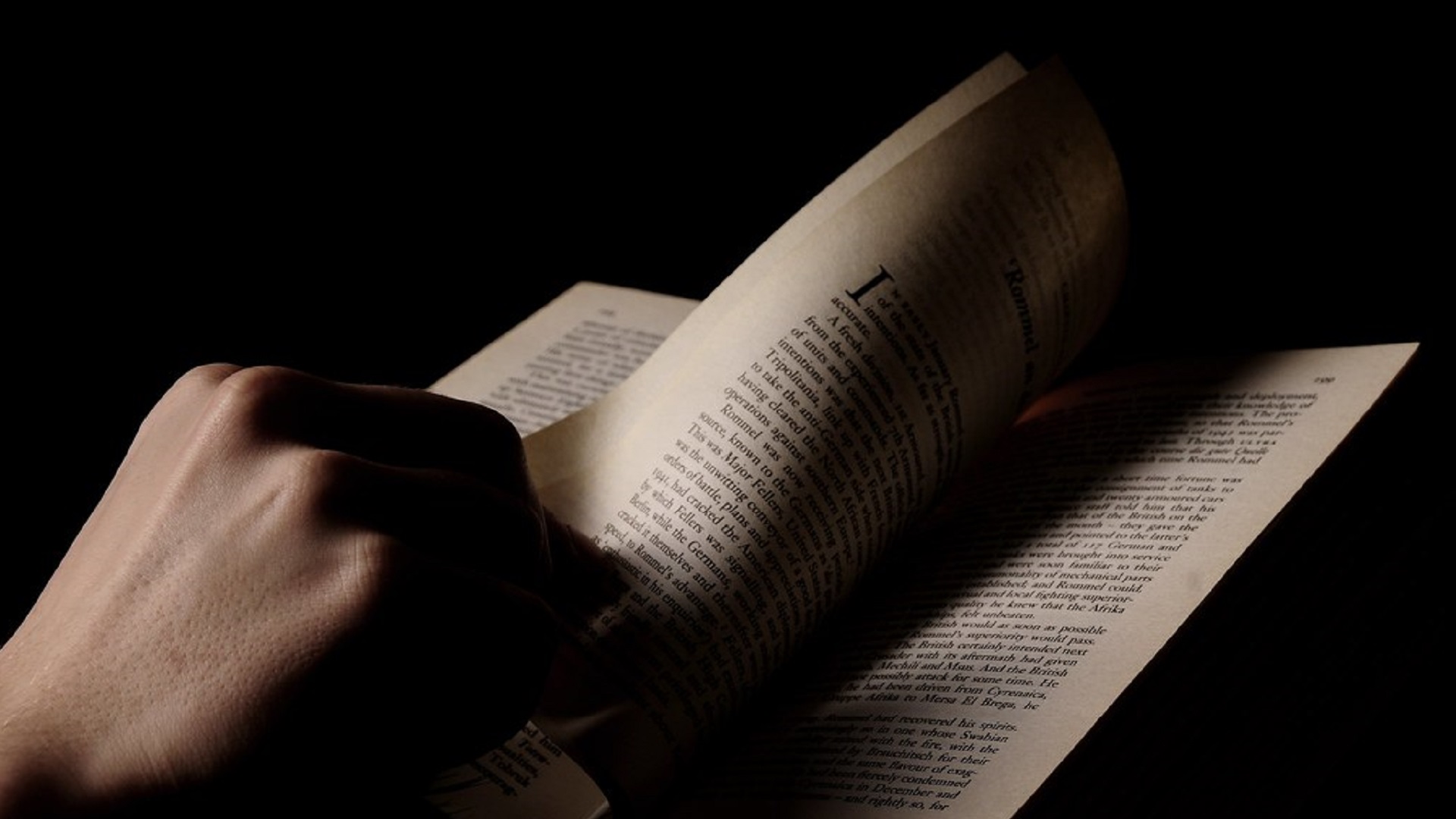Ruth Ozeki’s The Book of Form and Emptiness is about a parent and child dealing with bereavement.

In the wake of Kenny’s death, his son Benny starts to hear voices from inanimate objects, while Benny’s mother Annabelle starts hoarding. Both struggle to cope with normal society, and Benny finds refuge in his local library, where the voices are at least hushed.
This idea of unusual forms of grief also runs through my last three novels, which deal with a family of women running a funeral directors.
Ozeki is a practising Zen Buddhist priest and elements of that run through her novel’s core.
Similar elements flow through my recent books too, through my central character’s beliefs.
Ozeki turns the idea of storytelling into metafiction here, as the book itself narrates some passages of the tale, which makes sense since Benny can hear the literal voices of books.









